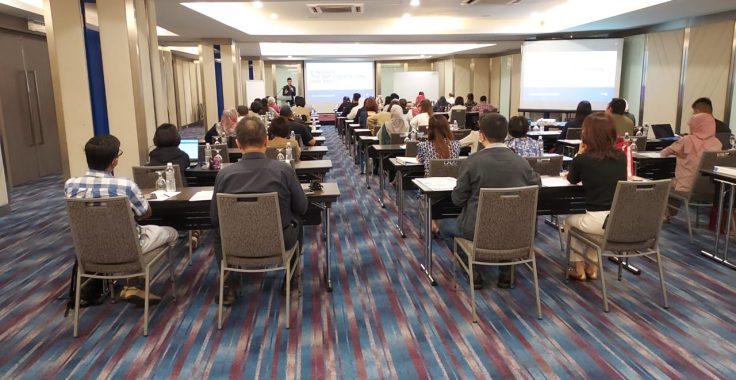
About Course
Knowing how to handle the full sets of accounts is important for accounting and finance personnel. You must equip yourself with bookkeeping and record-keeping skills and apply correct accounting concepts and principles to prepare a full set of accounts for audit (MPERS) and tax purposes. We would not want “Garbage in, garbage out” which will lead to generating wrong financial statements.
Two Days Training : 15/10/2025 – 16/10/2025
Brochure
— Course Fee: RM 1,780.00 (Inclusive of 8% Service Tax) —
Student Ratings & Reviews

No Review Yet